‘Bell writes always of the ordinary things, of the seasons, of memories, of rain and laughter. Gentleness fits him naturally, just as the purity of his words opens our eyes to a life all around us which we might otherwise never have seen.’
So wrote the journalist Clement Court of his contemporary, the farmer-cum-writer Adrian Bell, best known for his rural trilogy, Corduroy, Silver Ley and The Cherry Tree, which vividly describe a time before machinery took over much of the work of men and beasts, altering the landscape and the face of farming forever.
In addition to the books that followed his famous trilogy, from 1950 to 1980 Bell wrote a weekly column called ‘A Countryman’s Notebook’ for Suffolk and Norfolk’s long-serving local paper, the Eastern Daily Press. His columns were, as his son Martin Bell says in his preface, ‘not really journalism but prose poems about the natural life around him’, and these essays share that which is common to all his writing – a deep appreciation of the small moments of each passing day. Now a selection of these beautifully crafted essays has been gathered together and introduced by Richard Hawking to form the first of a quartet of Bell’s writings on the seasons.
Winter, properly, begins the series. In those days the weeks after harvest were a peaceful time for seeing out the old year and planning for the new. With microscopic concentration, Bell watches as a dead leaf performs an exuberant dance on a single thread of gossamer; he plucks the very last rose from his garden; and he delights in stirring up, in a pot pourri, all the fragrances of summers past. As the first frost snuffs out the showy fireworks of dahlias, he rejoices in the emergence of the splendour of chrysanthemums in cottage gardens. No detail escapes his watchful eye.
This is poetic, sublime and profoundly wise writing, often surprising and sometimes very funny. A shaft of sunlight through a hole in the clouds becomes ‘a leak in the scheme of glory’, and, when skating on a frozen pond, even a hardworking farmer is ‘endowed with the motion of a bird, the grace of a seagull, the speed of a swallow’. But he can also chuckle when guests are alarmed in the early hours by a clanking sound: he knows it is simply ‘an itchy cow, rubbing her bony foretop on a reverberating water-tank’.
Bell once said that he wanted his writing to show a unique moment, which will never come again. And so it does. The delight of this collection is its unexpectedness: it is like being in the company of a gentle old friend, whose mind and memory are as ramblingly various as they are endearing. He knew that, and he was glad: ‘I like inconsequence,’ he wrote. ‘It is so true to life.’
Compiled in a handsome cloth-bound limited hardback edition with specially commissioned illustrations by Suffolk artist Beth Knight, A Countryman’s Winter Notebook is an ideal companion for the season’s long, dark evenings and would make a perfect present.
‘Richard Hawking, an expert on Adrian Bell’s writing, has selected over fifty of the very best wintery pieces for Slightly Foxed. The result is a delightful companion to the winter months in all their glories and hardships: the dancing of a dead leaf, the unexpected pleasures of bad weather on Sundays or the memories brought to life by a Christmas card.’ Jane McMorland Hunter, Hatchards Piccadilly
A Countryman’s Notebook: Adrian Bell and the Loss of Rural Culture
Adrian Bell, most well-known for Corduroy and his ‘Rural Trilogy’, was a farmer-writer whose work reflects the changes in farming between 1920 and 1980. In the second half of his life,...
Read moreA Countryman’s Winter Notebook | Winter Noon
This is December; everything proclaims it: that glimmering sun that can hardly climb the sky, the hawthorn hedges all red with berries, running from the red roofs in one village to the red roofs of...
Read more‘I don’t think Slightly Foxed has ever published a book which is not both beautiful and interesting’
‘This winter they have published two very different books, both completely charming.’
Read moreAnother Country
Bell’s first book has the virtues which allow it to transcend its times: acute observation, sincerity and that simplicity of style which does not date. Published in 1930, it portrays a way of life...
Read morePloughing On
The writer Adrian Bell first arrived in Suffolk in 1920 – a delicate young would-be poet, fresh from public school at Uppingham and the polite drawing-rooms of Chelsea, under pressure from his...
Read moreFrom the Farmhouse Window
The middle volume of Adrian Bell’s inter-war farming trilogy, Silver Ley (1931), is, in its quiet, unassuming way, the most poignant memoir I think I have ever read. Picking up where his first book...
Read moreHow long had I been standing here under the old cherry tree?
How long had I been standing here under the old cherry tree? Minutes or years? While the storm with its batteries of thunder deployed across the sky, letting fall but a few drops – for all its...
Read more




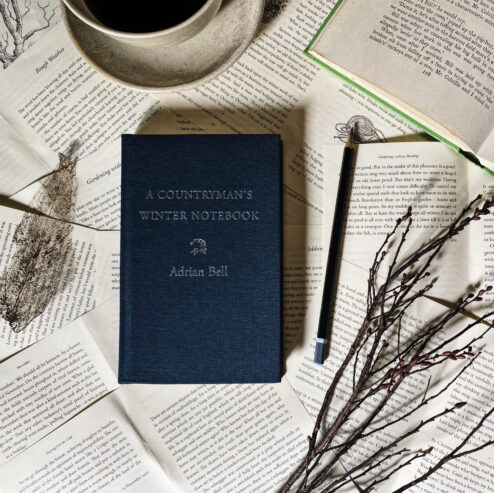
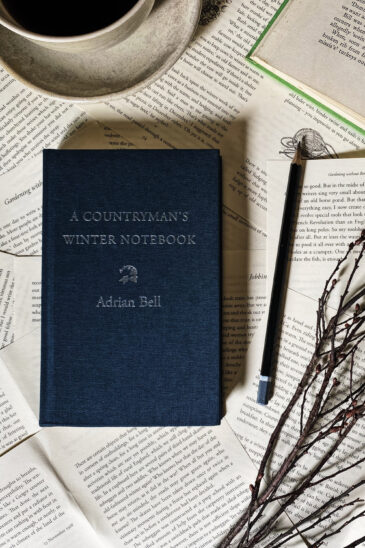
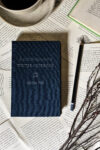
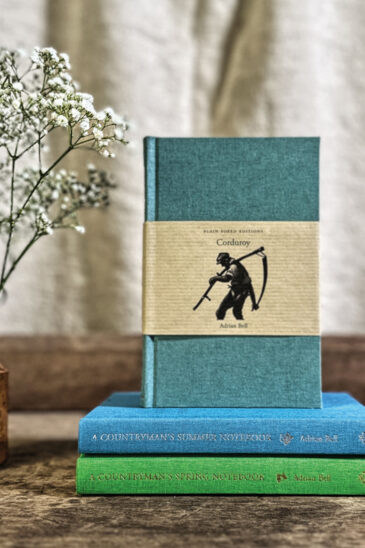
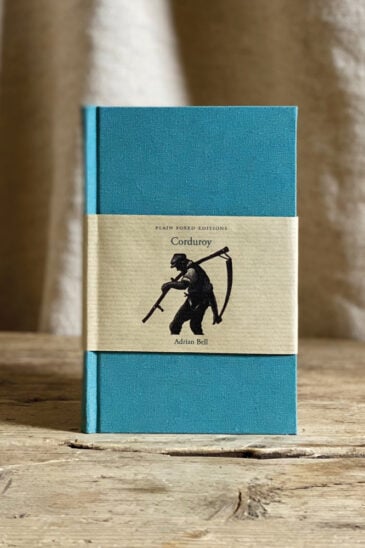
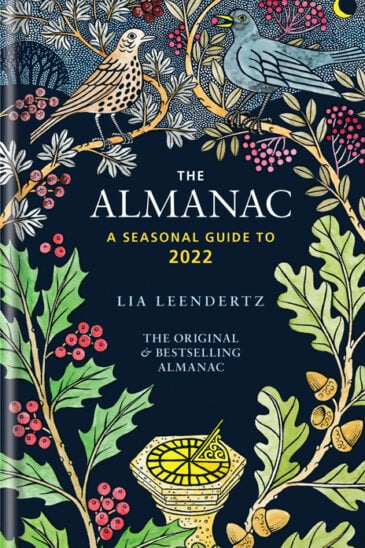
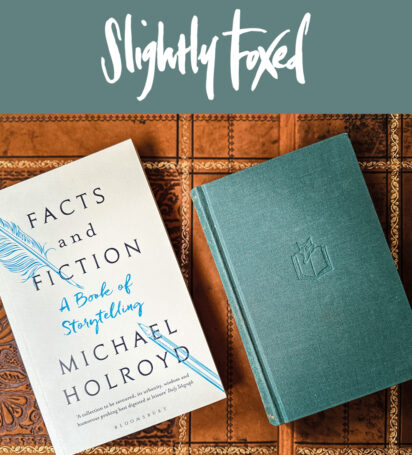
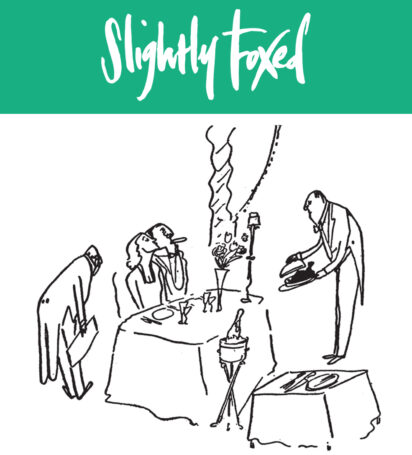
“This was always going to be a favourite . . . From 1950 to 1980 he wrote ‘A Countryman’s Notebook’, a weekly column for the Eastern Daily Press, the newspaper for Suffolk and Norfolk. He wrote nearly 1,600 essays but only a fraction have ever been republished. Richard Hawking, an expert on Adrian Bell’s writing, has selected over fifty of the very best wintery pieces for Slightly Foxed. The result is a delightful companion to the winter months in all their glories and hardships: the dancing of a dead leaf, the unexpected pleasures of bad weather on Sundays or the memories brought to life by a Christmas card. When asked about writing these essays, Adrian Bell said: ‘What I try to do is to show a unique moment which will never come again. It is like putting a framework around a moment of life, just as the French Impressionists did.’ He has succeeded.”